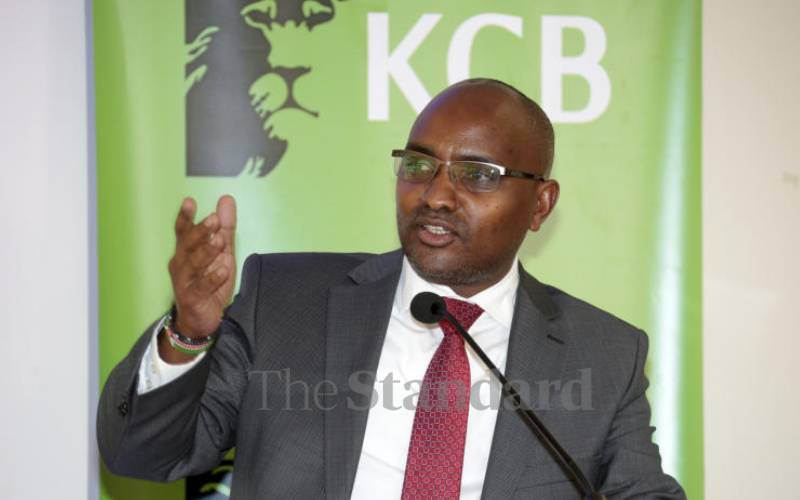×
The Standard e-Paper
Stay Informed, Even Offline

KCB Group has injected over Sh120b to support companies importing fuel after the government discontinued the fuel subsidy programme.
In a statement, KCB Group said the move is geared toward facilitating oil importation into the country by financing oil firms under its portfolio.